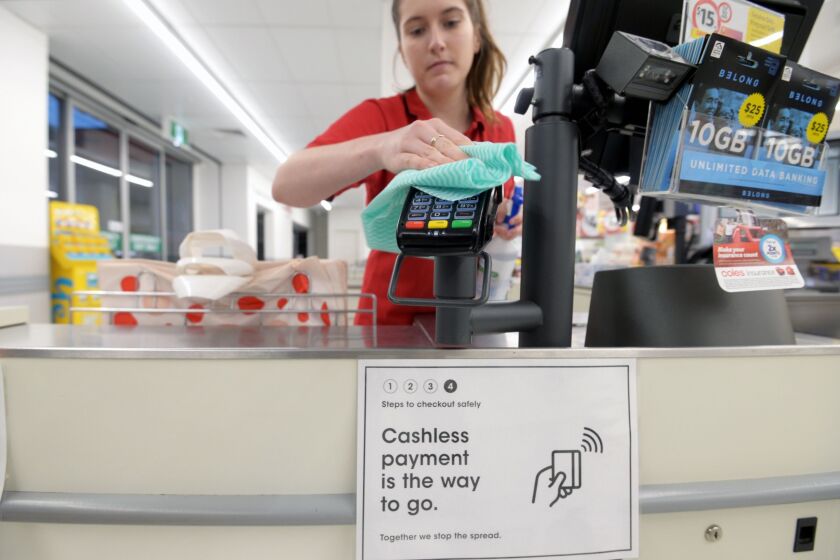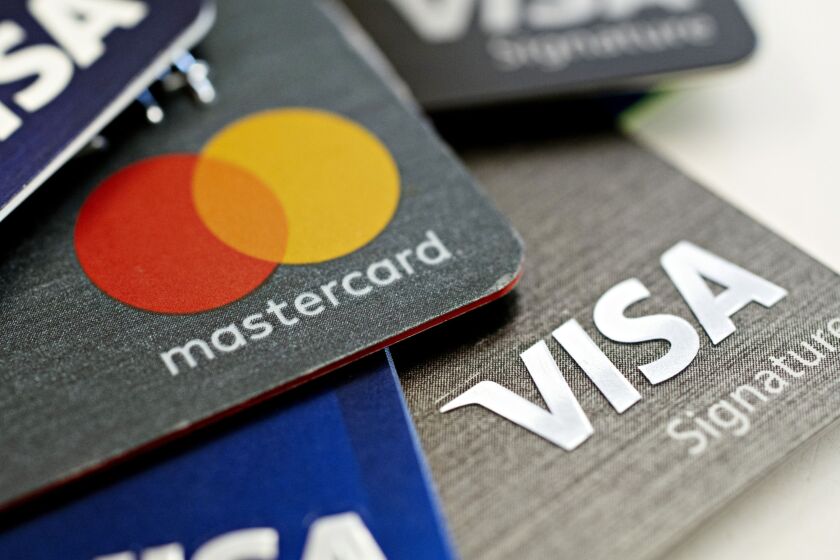When the coronavirus pandemic began, Square pushed hard to get a bigger share of merchants' online sales and consumers' stimulus spending — and even received its long-desired bank license — but found that this wasn't enough to offset the effects of the crisis.
Despite PayPal's efforts to get people to receive — and spend — their stimulus checks from PayPal accounts, the coronavirus pandemic caused its revenue for the first quarter to come in below company guidance.
With the coronavirus pandemic forcing far more e-commerce transactions — and thus, more spending on cards instead of cash — loyalty and rewards are vital to creating lasting consumer habits.
Fears of catching coronavirus during the payment process has given a sharp boost in usage and awareness of contactless payments since the pandemic began, according to a new survey from Mastercard.
Merchant acquiring is a very face-to-face, sales-oriented business. And that culture has to change before any acquirers can convince their clients that they know how to adapt to the coronavirus pandemic.
Businesses have turned to workarounds to accommodate the coronavirus’ impact on brick-and-mortar stores, emergency measures that will likely become permanent in order for these businesses to survive into the future.
Upgrade's hybrid loan-card product can now be used without swiping as consumers and retail workers seek to minimize spread of novel coronavirus.
Interchange fees are a major part of the costs merchants pay to accept payment cards. While merchants seek relief from fees during a time in which their businesses face serious damage from stay-at-home edicts because of coronavirus, the credit card companies and banks quickly began to dig in their heels.
With coronavirus driving more merchants to promote electronic payments over cash — and contactless payments over cards — many are still asking their customers to share a potentially virus-laden pen to sign a receipt or screen at the point of sale.
U.K. supermarkets which have been experimenting with mobile scan-pay-go may see more consumers adopting the technology due to social distancing requirements in stores.















